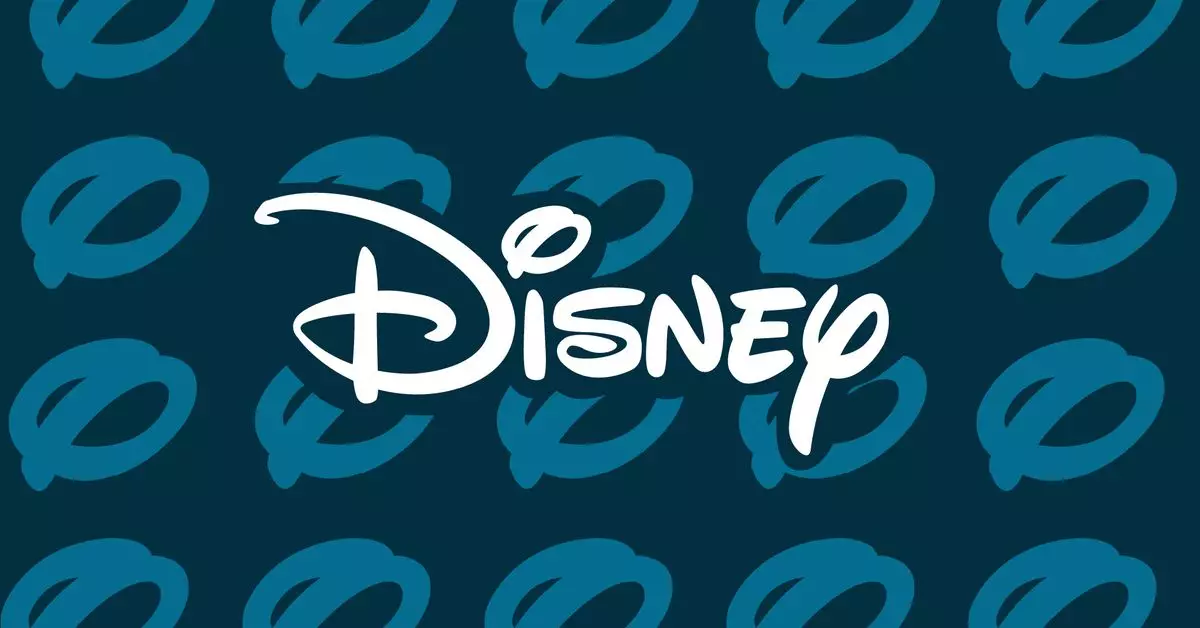The recent blackout of Disney-owned channels, including ABC and ESPN, on DirecTV’s lineup has left roughly 11 million subscribers in the dark. The blackout started in the middle of ESPN’s broadcast of the US Open tennis tournament, just ahead of the NFL season opener. Both DirecTV and Disney are pointing fingers at each other for causing the blackout, leaving consumers caught in the crossfire.
DirecTV claims that they are being prevented from offering more flexible packages that cater to consumer interests due to Disney’s actions. They accuse Disney of “herding consumers away” from network TV by shifting content to their own streaming services like Hulu and Disney Plus. Additionally, DirecTV alleges that Disney included a last-minute demand to waive all claims that its behavior is anti-competitive, further complicating negotiations.
Disney’s Response
On the other hand, Disney argues that its channels are worth a premium that DirecTV is not willing to pay. They claim to have extended flexibility and terms to other distributors and insist that a fair deal should be reached to restore programming immediately for DirecTV customers. Disney emphasizes that they invest significantly in delivering top entertainment, news, and sports brands, which viewers expect and deserve.
The Legal and Financial Battle
The expired deal between DirecTV and Disney was negotiated in 2019 and contracts are often intentionally made to expire during peak viewership periods to incentivize renegotiation. Despite this common practice, carriage disputes like this one are not uncommon in the industry. In fact, Disney made a similar move last year by blocking its channels for Charter’s Spectrum subscribers during the US Open, resulting in a twelve-day blackout before a new deal was made.
As DirecTV and Disney continue to clash over distribution terms and pricing, it is ultimately the consumers who suffer the consequences. With popular channels like ABC and ESPN unavailable, viewers are left frustrated and unable to access the content they enjoy. The ongoing dispute highlights the power struggle between content providers and distributors, where profit and control overshadow the needs and interests of the audience.
The DirecTV vs Disney dispute is not just a simple blackout of channels, but a complex battle for control over distribution, pricing, and consumer choice. As both companies stand their ground and blame each other for the situation, it is important to remember the impact on the millions of subscribers caught in the middle. The outcome of this dispute will not only shape the future of content delivery but also raise questions about fairness, competition, and accountability in the entertainment industry.


Leave a Reply